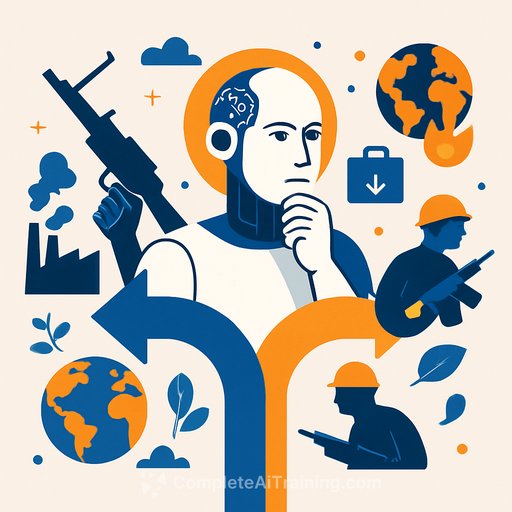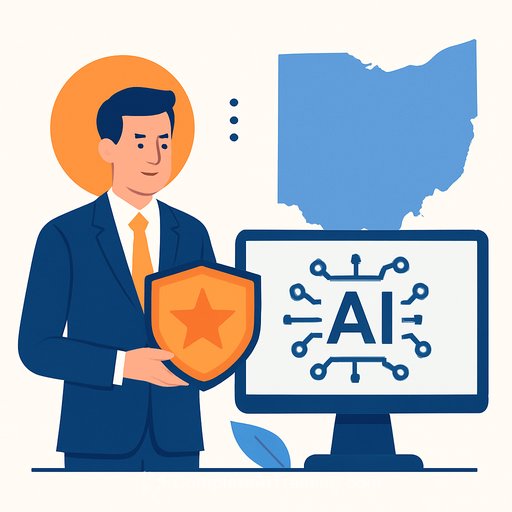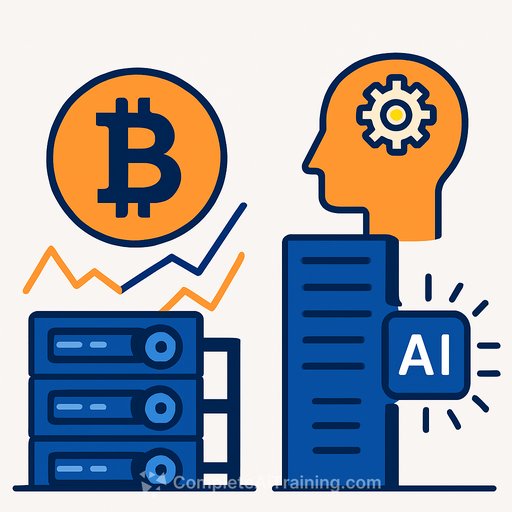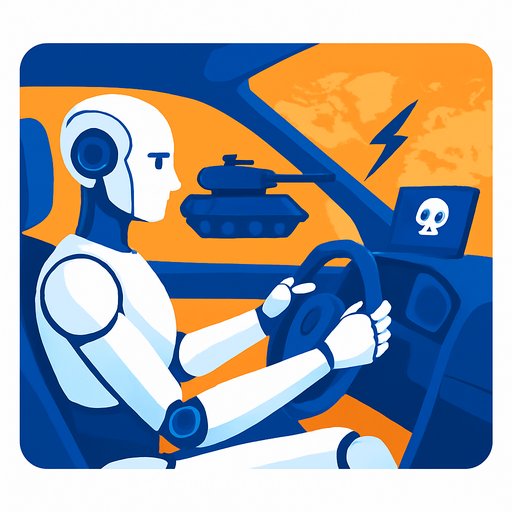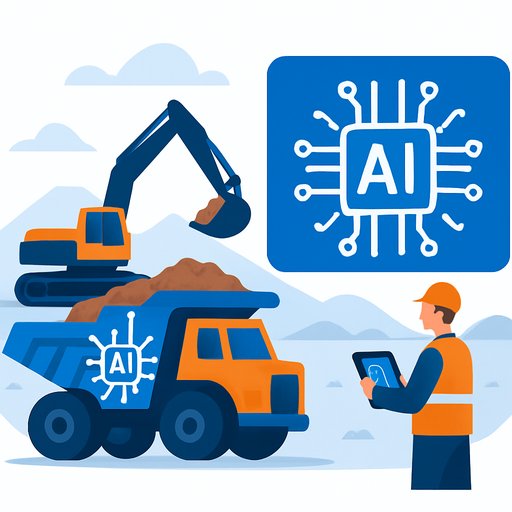AI’s Growing Influence: A Cautionary Perspective
Artificial Intelligence is advancing at an extraordinary pace, fueled by massive investments from major tech companies and governments worldwide. The race for AI dominance is no longer just about innovation—it's becoming a high-stakes competition with significant societal implications.
The Rise of Colossal Tech
This year alone, the four tech giants—Alphabet, Amazon, Meta, and Microsoft—are set to spend about $320 billion on AI. Meanwhile, the European Union is investing billions into AI infrastructure, aiming to lead globally while emphasizing AI's potential to boost healthcare, research, and competitiveness.
India’s AI mission targets sustainability and healthcare with a $1.3 billion budget over five years, while China is aggressively pushing for global AI leadership by 2030, eyeing a $1.4 trillion AI market. Such investments suggest that “Big Tech” is quickly evolving into “Colossal Tech” worldwide.
But the true measure of success won’t be dollars spent or earned. It will be how AI is used responsibly and what safeguards are put in place to prevent harmful outcomes. Right now, many questions remain unanswered, and the industry operates with minimal oversight.
An Emerging Employment Challenge
The shortage of AI-skilled workers is already critical. Less than 35% of employees at surveyed companies reported receiving AI training recently, with Baby Boomers particularly underserved. Additionally, women make up less than 30% of AI-skilled workers, highlighting a significant gender gap.
Training new talent takes months, and as AI evolves quickly, workers must continuously adapt. This demand creates a costly training cycle with uncertain returns. Companies that view AI as a replacement for human talent risk failure. Instead, AI should be seen as a tool for human augmentation, boosting collaboration rather than cutting jobs.
Despite fears, skilled software engineers remain essential. Yet, demand for them has dropped by 34% since 2021, signaling a shift in how companies approach AI integration. The focus must be on combining human expertise with AI capabilities to avoid long-term negative impacts on society.
The Environmental Toll of AI
Running AI systems requires massive data centers that consume enormous energy. Microsoft recently reported a 30% rise in carbon emissions since 2020 due to data center expansion powered largely by fossil fuels. This increase clashes with corporate commitments to achieve net-zero carbon footprints in the coming decades.
While alternative energy sources like solar and wind offer hope, the current trajectory is unsustainable. Yet, AI also holds promise to reduce global emissions by optimizing energy use and accelerating green technologies. The World Economic Forum estimates AI could cut global carbon dioxide emissions by 4% by 2030.
Beyond energy, AI is aiding scientific breakthroughs—from improving drug discovery to enhancing climate prediction models by 30%, helping better prepare for extreme weather events. This dual nature of AI shows both promise and risk.
Finding a Balanced Approach
Many call for global AI regulation, but the technology is now widespread across nations. The focus should be on responsible AI use paired with building trust among users. Regulation must be reasonable, evolving at a pace that society can accept without stifling innovation.
A useful analogy comes from aviation safety. After early air travel accidents, strict regulations and standards were introduced, leading to today’s highly safe commercial flights. Similar standards and safeguards in AI—ensuring safety, security, and transparency—are essential before broad adoption.
AI could become a safe, reliable innovation engine across industries, but only if it is treated with care and respect, much like a plane’s black box that records critical safety information. Achieving this balance will ensure AI delivers real value rather than catastrophic consequences.
For professionals interested in gaining practical AI skills aligned with industry needs, exploring specialized courses and training can provide a solid foundation. Resources like Complete AI Training’s latest courses offer valuable pathways to stay updated and relevant.
```Your membership also unlocks:

